2013 Buckminster Fuller Challenge Semi-finalists announced
By Bustler Editors|
Wednesday, Aug 21, 2013
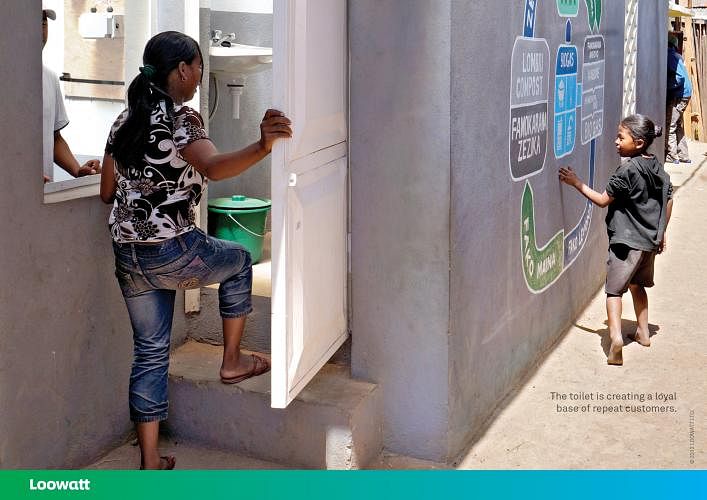
Related
It's that time of year when we announce the semi-finalists for this year's Buckminster Fuller Challenge from the Buckminster Fuller Institute. Out of a record number of 300 entries from around the world, 19 outstanding projects have been selected to move on to Stage Two of the competition. In Stage One, each project went through up to four rounds of rigorous analysis and discussion from the Challenge's review team. The review team then invited each of the individuals or teams of top-contender strategies for an interview to discuss the technical aspects and underlying principles of their project.
Each of the 19 projects represent a collective body of work including whole systems solutions and targeted efforts that address pressing global issues in sanitation, materials, water, energy, disaster prevention, poverty, food and ecology.
The Buckminster Fuller Challenge was established in 2007 to support the development and implementation of projects that have the potential to solve the most critical world issues in the shortest time frame possible and raise Earth's ecological integrity. The Challenge continues to grow every year with more submissions, more sponsorships to help support the projects, and a bigger prize award. This year, Interface Inc. will provide an immersion opportunity for a finalist or group of finalists.
All entries submitted had the choice to "opt-in" to have their work published in the Idea Index, the BFI's publishing system that gives the proposals the opportunity to receive support.
For the next six weeks, the Jury will narrow down the list in the last phase of the vetting process. The jurors will convene in New York City on Oct. 7 for the final deliberation to select the finalists. In November, the winner will be announced at the Conferring Ceremony in New York City.
Keep reading to learn about the semi-finalist projects.
The Loowatt System: "The Loowatt System, a self-contained human waste collection and processing system that, rather than being faced with the typical costs of centralized sewage treatment systems, creatively converts human waste into energy and fertilizer, improving local health conditions, while providing economic opportunity."
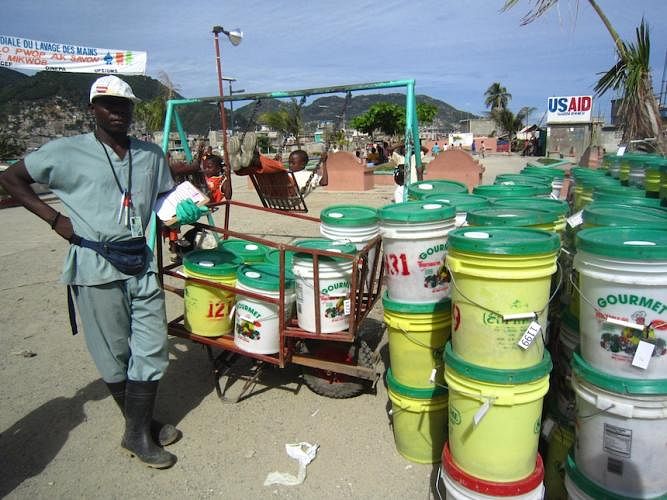
Regenerating Healthy Soils Through Sustainable Sanitation (SOIL): "SOIL, a non-profit based in Haiti, provides locally-built dry toilets complete with a system for collecting, hauling and composting solid human waste and turning it into valuable fertilizer, reducing risks to human health from exposure to raw sewage while generating local employment and improving agricultural productivity by enhancing the soil fertility of degraded farmland."
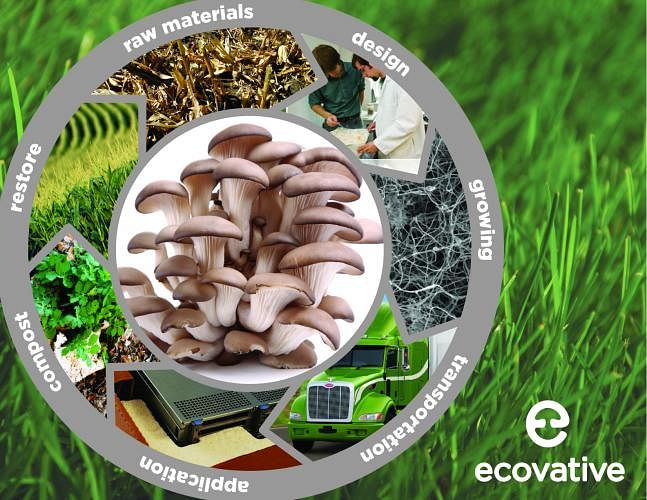
Mushroom Packaging (Ecovative): "Mushroom Packaging is a new class of home-compostable bio-plastics made from living organisms, mushroom mycelia, developed by Ecovative. Their high-performance, environmentally responsible alternatives to traditional plastic foam packaging, insulation, and other synthetic materials offer a revolutionary, truly sustainable alternative to the current toxic plastic foam materials that pollute and burden the modern world."
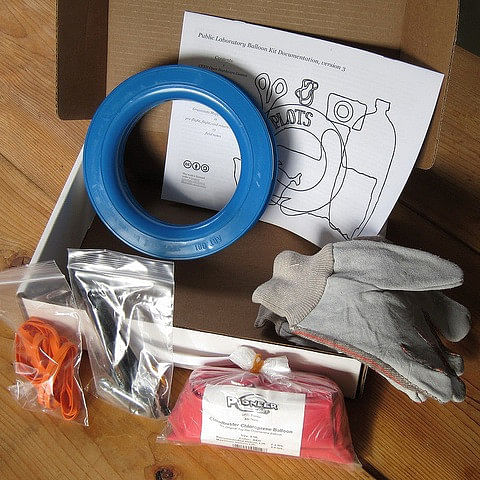
Public Laboratory for Open Technology and Science: "Public Laboratory for Open Technology and Science collaboratively develops inexpensive, open-source monitoring tools and techniques in order to 'democratize' science and empower a grassroots network of 'citizen scientists' to be able to accurately measure environmental problems, and, when necessary, challenge inaccurate government and industry environmental health data in order to demand accountability."
Bioenergy Value Chain: "Bioenergy Value Chain, or Abellon Clean Energy, is a comprehensive clean-energy system: they buy excess agricultural waste from local farmers (typically either burned, causing air pollution and respiratory illness, or ineffectively composted, releasing methane), and turn that plant material into efficient and clean-burning ‘pellets’ that can then power industrial plants, businesses and small homes."
Healthy Watersheds for Clean Energy: "Healthy Watersheds for Clean Energy symbiotically addresses poverty and deforestation by mobilizing communities in remote northern Nicaragua to monitor and police their forests and to practice ecologically-sound agriculture by working with them to install non-polluting, low-impact micro-hydro electrical generation facilities, showing them that the electricity and clean water is dependent on the vitality of the forests in their watershed."
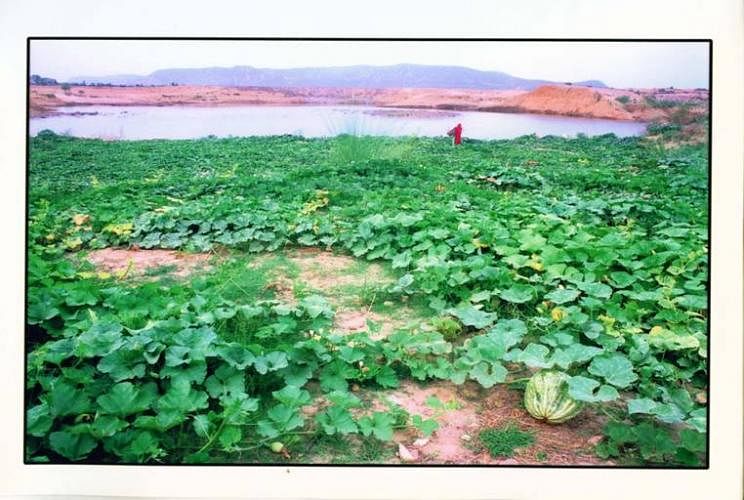
TBS River Regeneration: "TBS River Regeneration works to restore river systems and local rural economies in India by drawing from ancient water wisdom, empowering local communities to build small traditional rainwater harvesting structures (johads) as well as by developing local and national awareness and education programs."
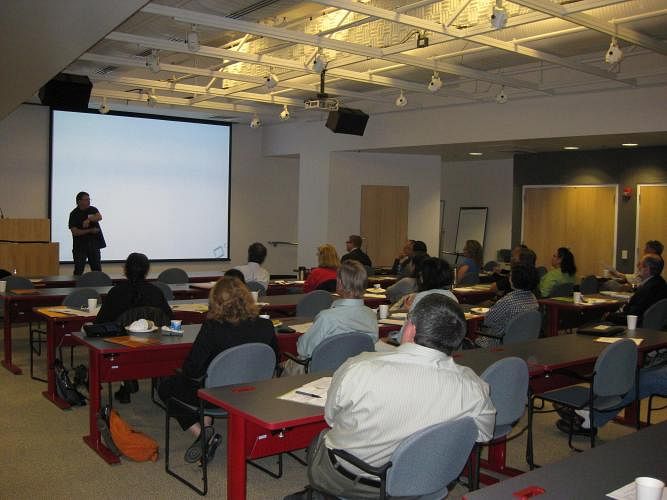
The Green Chemistry Commitment: "The Green Chemistry Commitment, an initiative to get university chemistry departments to commit to integrating Green Chemistry into their academic curricula and transform how chemistry is taught and practiced in order to eliminate the numerous devastating neurotoxic and carcinogenic chemicals that characterize modern life and damage the global ecosystem, replacing them with non-toxic alternatives."
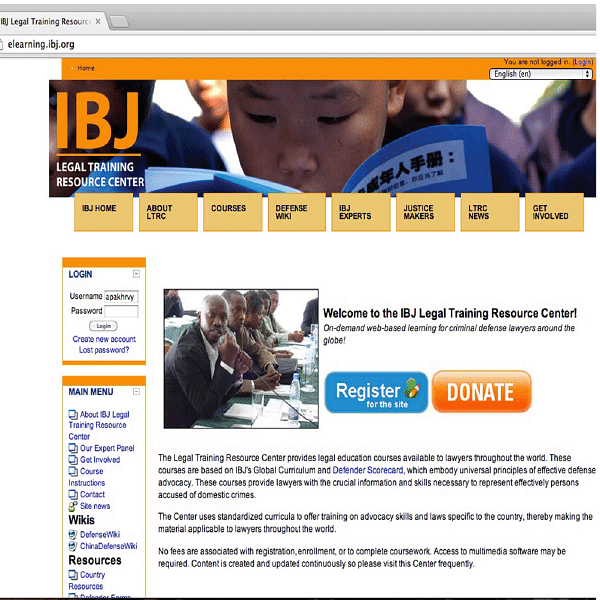
International Bridges to Justice Legal Training Resource Center: "IBJ Legal Training Resource Center works to prevent falls in the gap of worldwide legal systems, rather than exposing wrongdoings after the fact, they are training attorneys and legal officials in legal best practices and creating a global legal community that can be supportive and protective of lawyers working in difficult contexts."
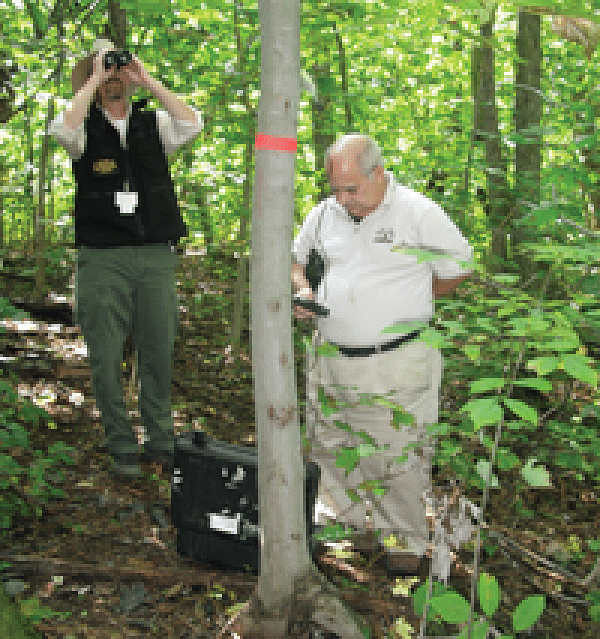
Voltree Acoustic Early Detection Sensor System: "Voltree Acoustic Early Detection Sensor System harvests power from a living tree to convert its chemical activity into small amounts of electric current and to 'read' its levels of dehydration, disease, fire risk, even potential seismic activity and CO2 levels, anticipating emerging challenges in agriculture and forestry in order to prevent such things as insect infestations and fire."
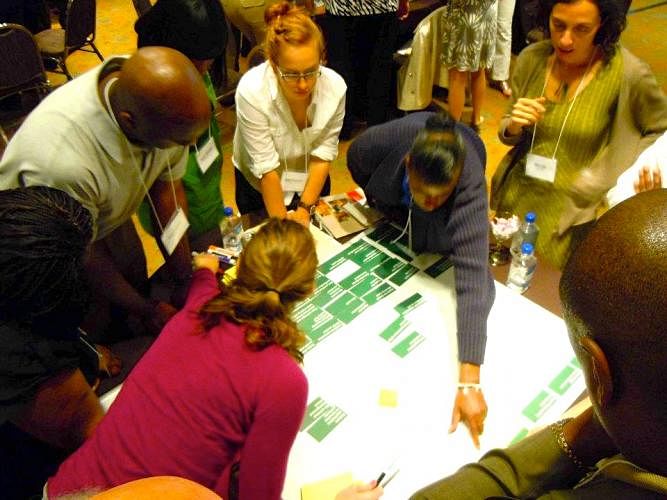
100,000 Homes Campaign: "100,000 Homes Campaign, an ambitious campaign to spark a "national movement to house America's most vulnerable homeless people" by reframing the issue as a health crisis and transcending entrenched mindsets to figure out how to effectively collaborate and how best to allocate existing financial resources."
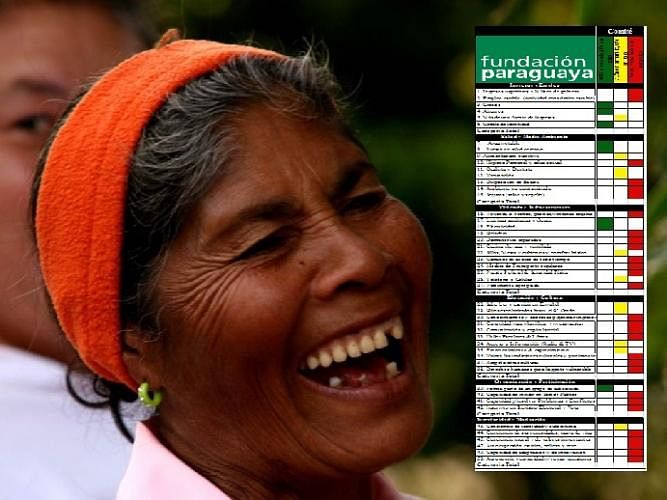
Eliminating Poverty Through the "Traffic Light" Strategy: "Fundacion Paraguaya aims to eliminate poverty in Paraguay using a bottom up strategy that combines granular analysis and data collection, grassroots financing, precise targeting of services, and coordination on a national anti-poverty effort."
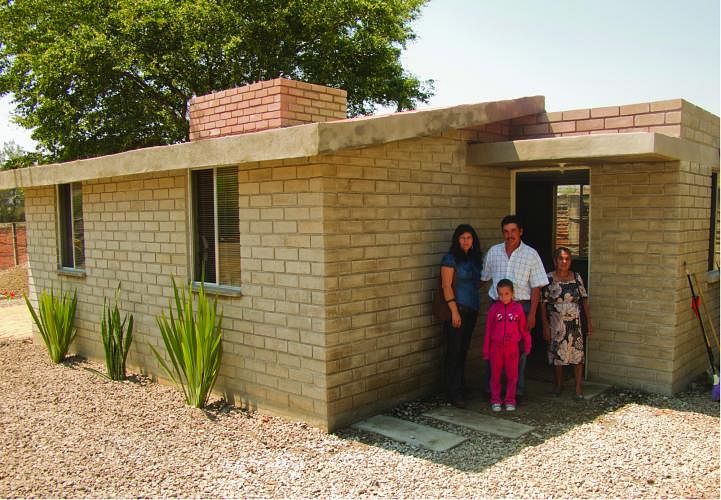
Échale a tu Casa: "Echale a tu Casa, an elegantly integrated model that combines community empowerment, local technical capacity building, a novel, affordable financing system, and cutting-edge but culturally appropriate "green" building techniques to improve housing conditions for otherwise underserved populations in Mexico."
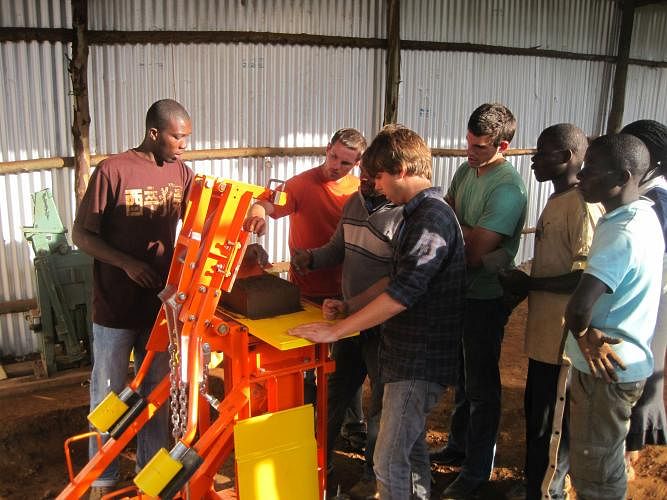
MASS Design Lab: Building Systemic Change: "MASS Design Lab is a research project of MASS Design Group, exploring the integration of public health, economic development, environmental performance and education into a comprehensive formalized architectural strategy through a rigorous assessment process and immersive community component."
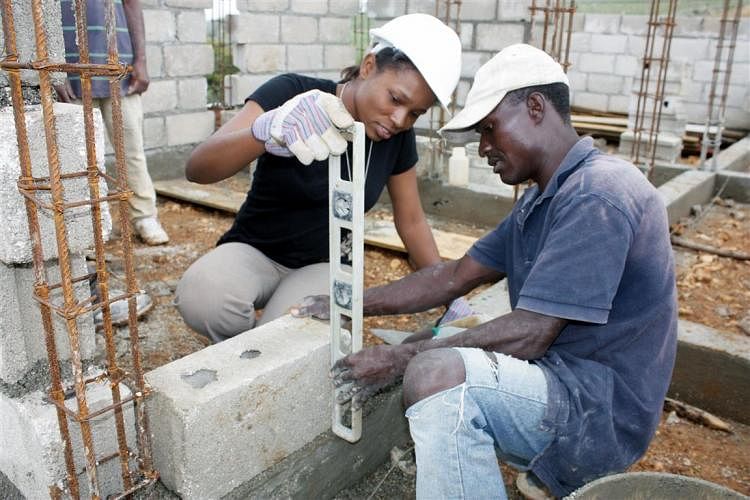
Build Change's Homeowner-Driven Technical Assistance for Safer Housing: "Build Change aims to radically reduce the number of people who die or are injured in natural disasters, especially earthquakes, by widely disseminating best-practice building and retrofitting methods in the most seismically at-risk regions of the planet."
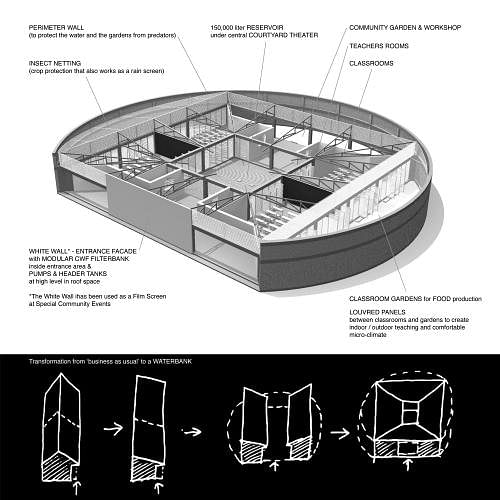
PITCHAfrica: Waterbank Schools: "PITCHAfrica: Waterbank Schools, a building prototype in Laikipia, Kenya, is a working demonstration of the remarkable leveraging power of water catchment as a socially integrated resource awareness and community engagement tool."
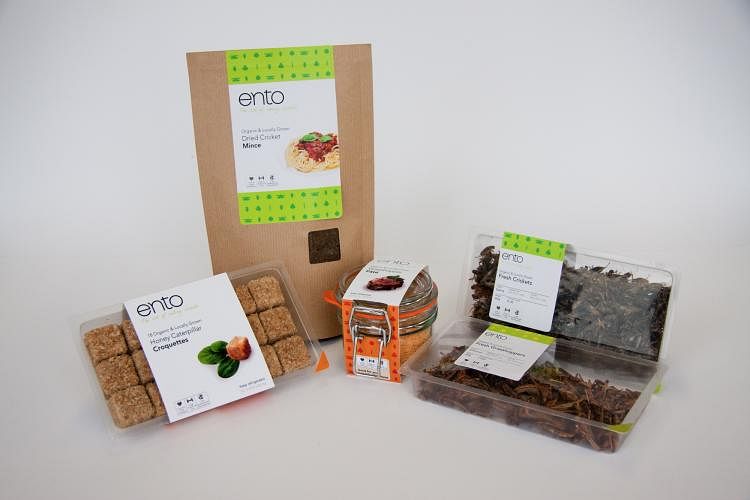
Ento: "Ento is introducing insects to the Western diet. As agricultural productivity cannot keep up with global food demands, edible insects potentially have positive environmental benefits globally as well as on human health."

Olazul: Ecological Shrimp Aquaculture: "Olazul, a non-profit organization working to improve coastal community livelihoods in developing countries, is developing a more sustainable model of shrimp farming, and contributing to the restoration of ocean ecosystems as well as increasing support for marine conservation."
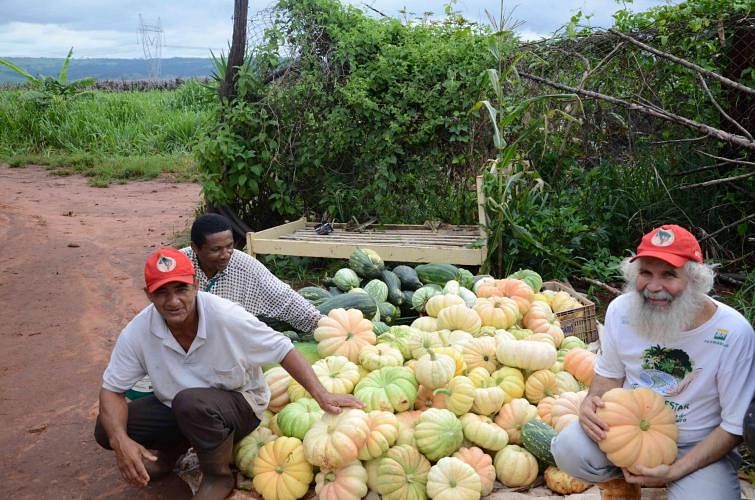
Agroforestry Reconnecting People and Nature: "Cooperafloresta, using both rediscovered traditional ecological knowledge and modern agricultural science, Cooperafloresta is accelerating the natural succession of flora and fauna in agriculturally degraded areas of Brazil, going further than 'organic agriculture' and Biodynamics by using agroforestry techniques to bring major environmental and socio-economic benefits to poor rural communities."

Share
0 Comments
Comment as :